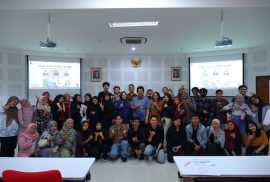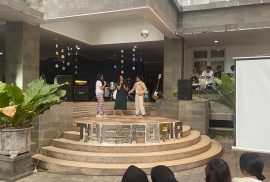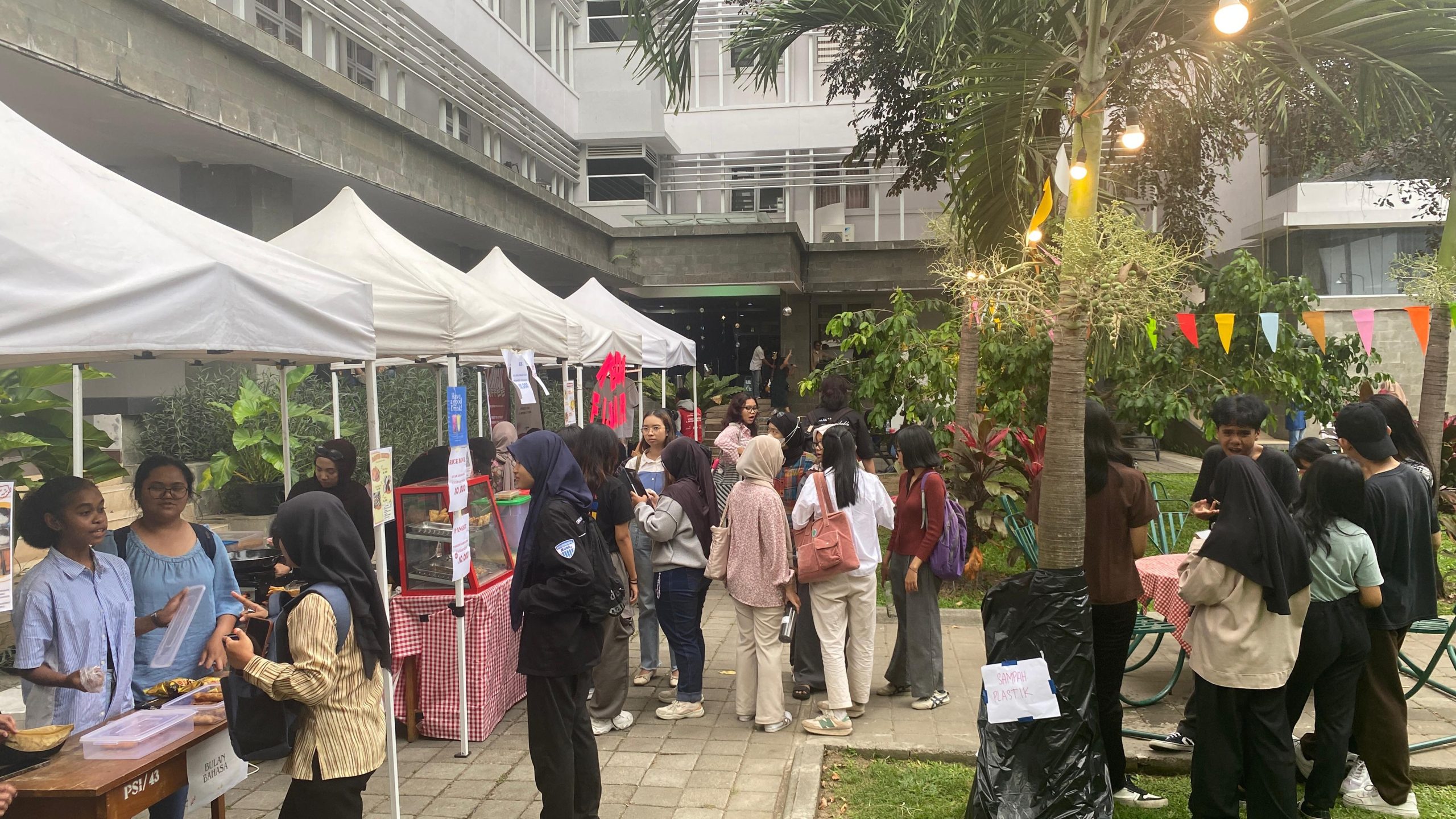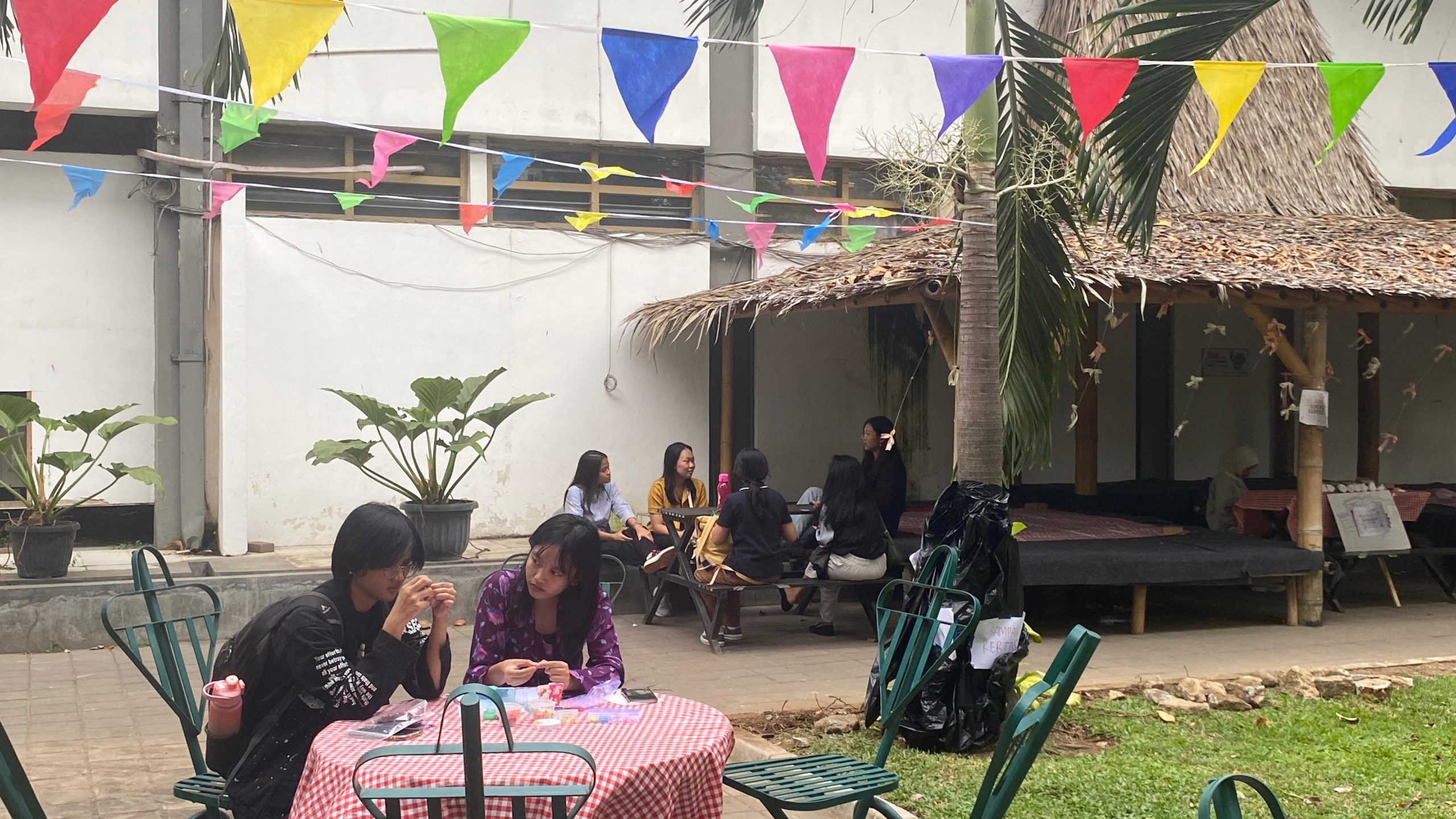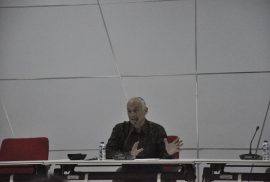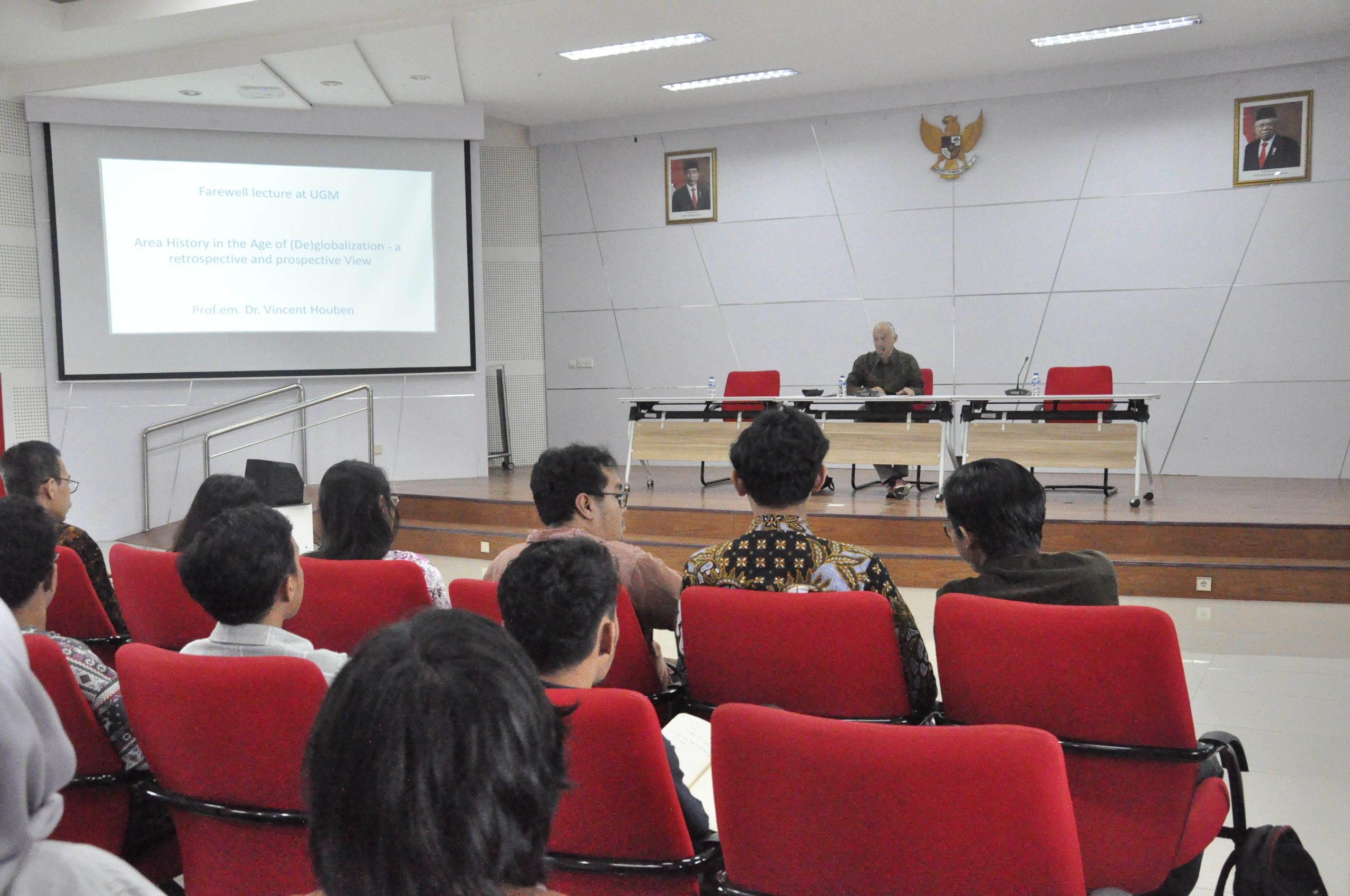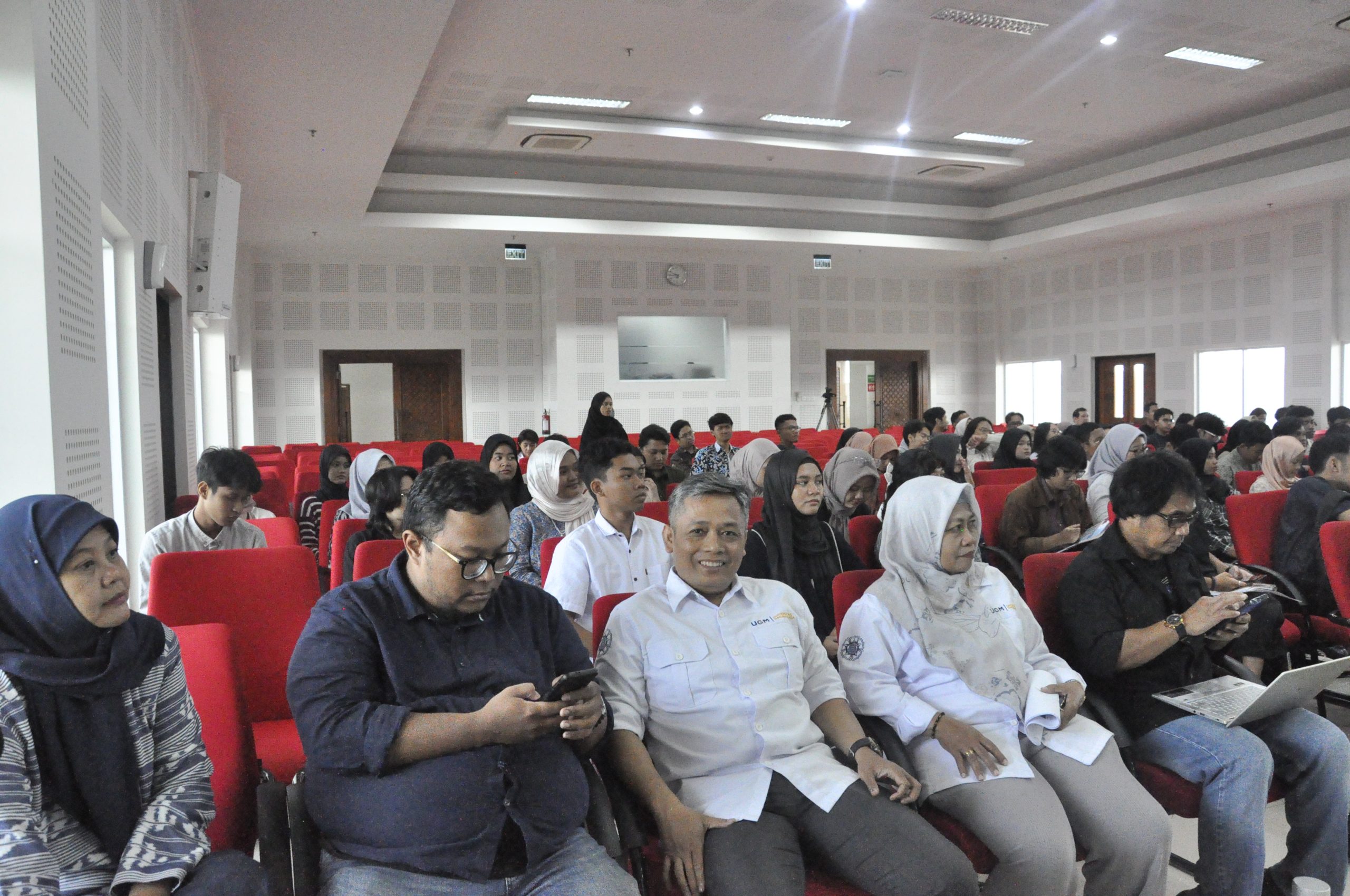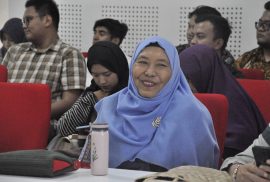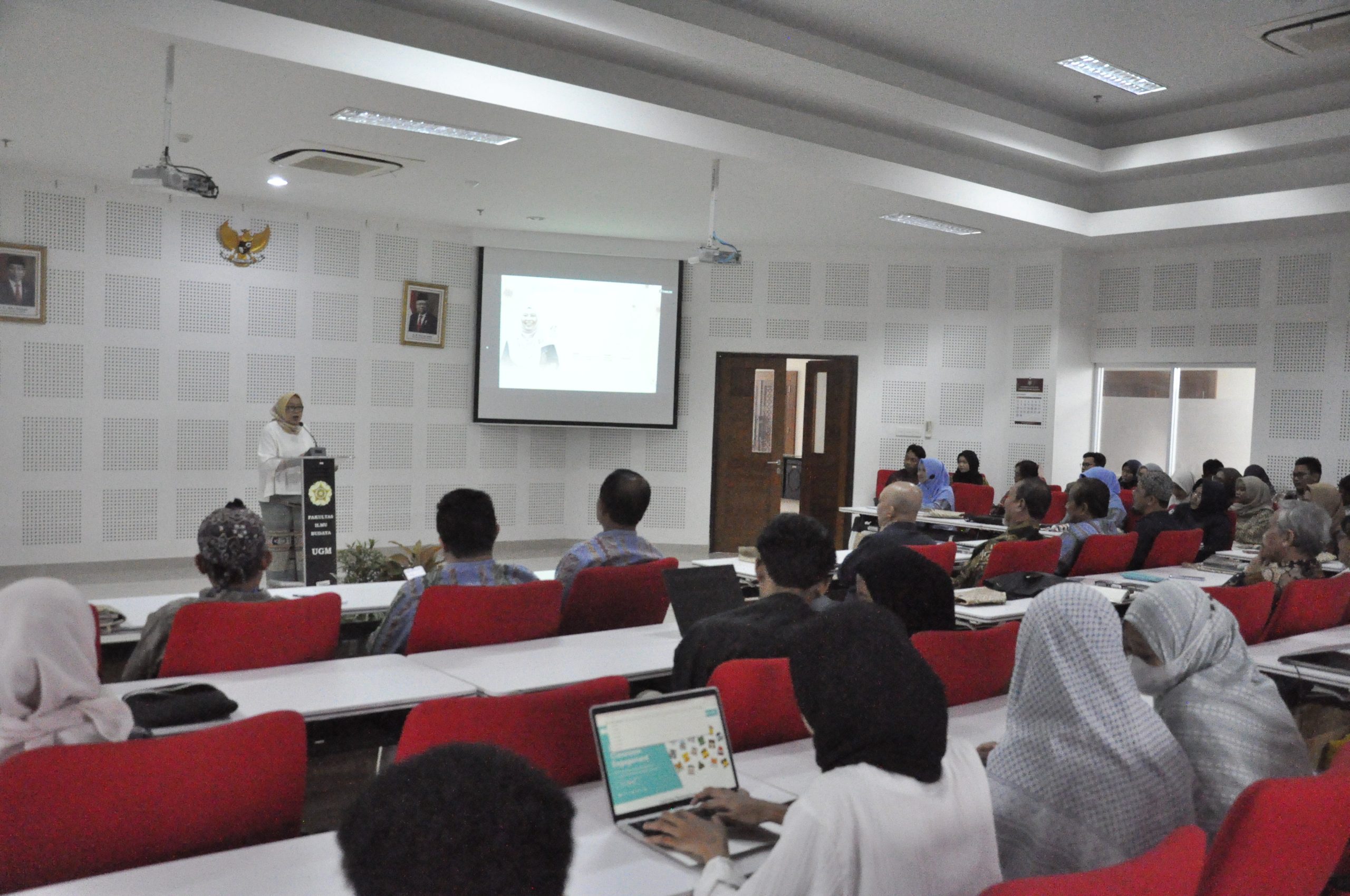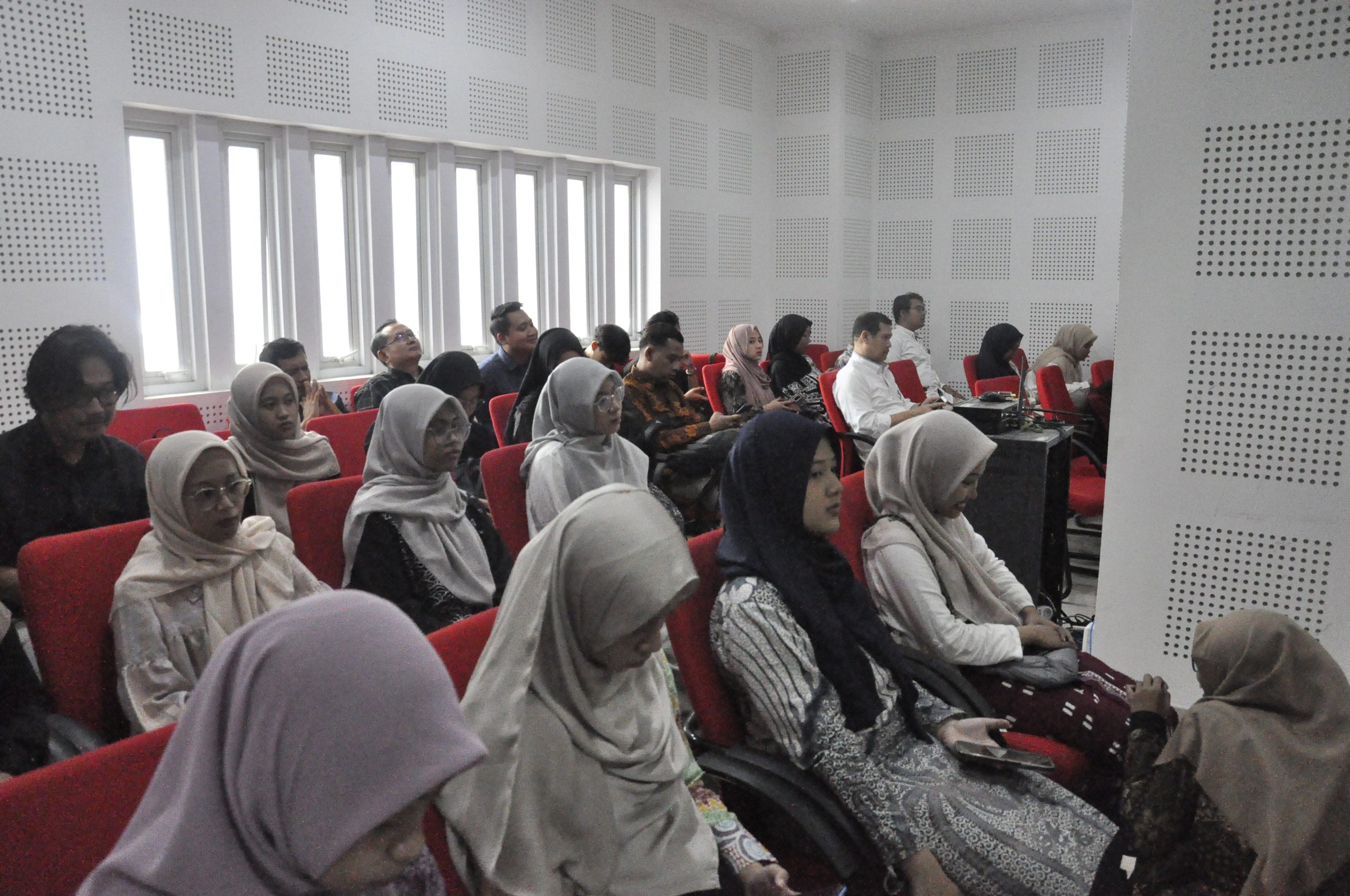Yogyakarta, October 16, 2024 – The Master of Literature Study Program, Faculty of Cultural Sciences, Universitas Gadjah Mada (UGM) successfully held a Public Lecture and Book Launch with the theme “Revealing the Veil of Trauma and Memory in Literature” on Wednesday, October 16, 2024. The event took place in Room S709 Soegondo Building, 7th floor of the Faculty and was attended by academics, students, and literature lovers.
The event began at 08.30 WIB with a public lecture session that explored the important theme of trauma and memory in literary works. This topic discusses how literature can be a medium to reveal traumatic experiences and collective memory in a social and historical context. The participants seemed enthusiastic in attending the lecture and discussing with the speakers.
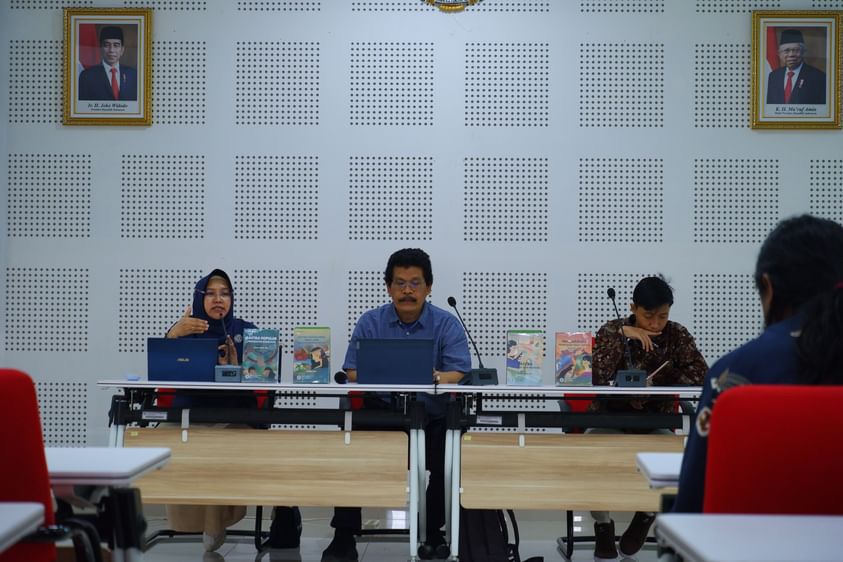
Not only a public lecture, this event was also coupled with the launch of four new books that will soon be published. The books include:
- Being Women in Literature
- Indonesian Postcolonial Literature
- Trauma and Memory Literature
- Popular Literature with a Sociological Approach
The launch received high appreciation from the participants because the books present new and important perspectives in the study of literature in Indonesia, especially related to social issues, trauma, and memory.Despite the limited quota of participants, the event was successful and provided deep insights for all participants who attended. Many of them hoped that similar events could continue to be held as a venue for critical discussions about literature.
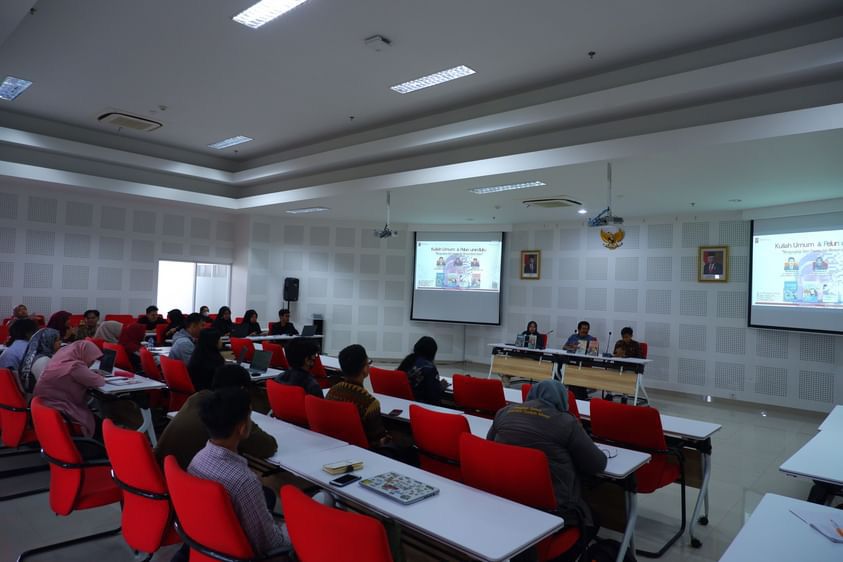
“This public lecture provided a very interesting perspective, especially on how literature can deeply represent trauma and memory. The books launched are also very relevant to current social issues,” said one of the participants. With the success of this event, the Master of Literature Program at Faculty of Arts UGM once again proved its commitment in encouraging innovative and impactful literary studies for the academic community and the public.

